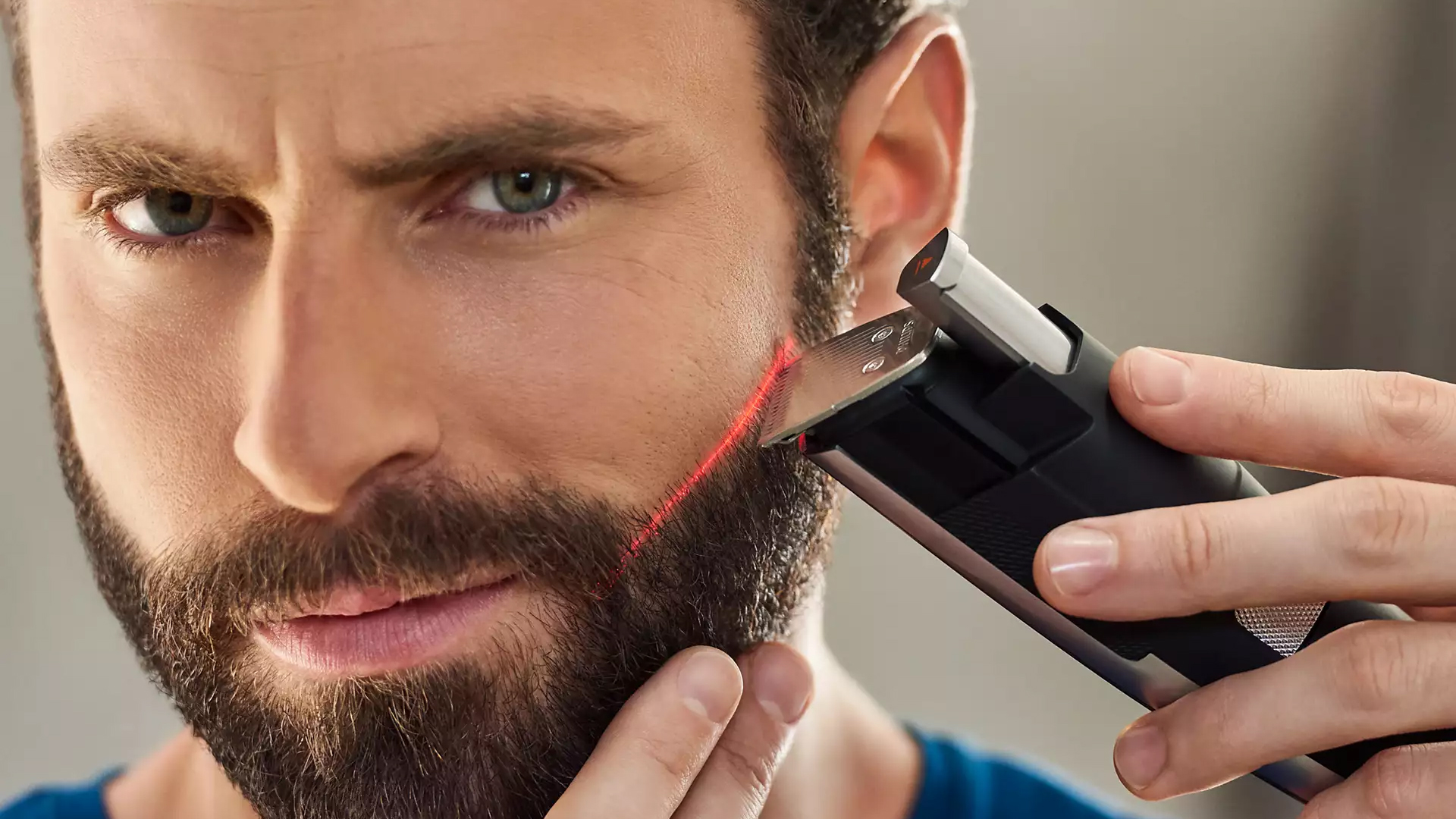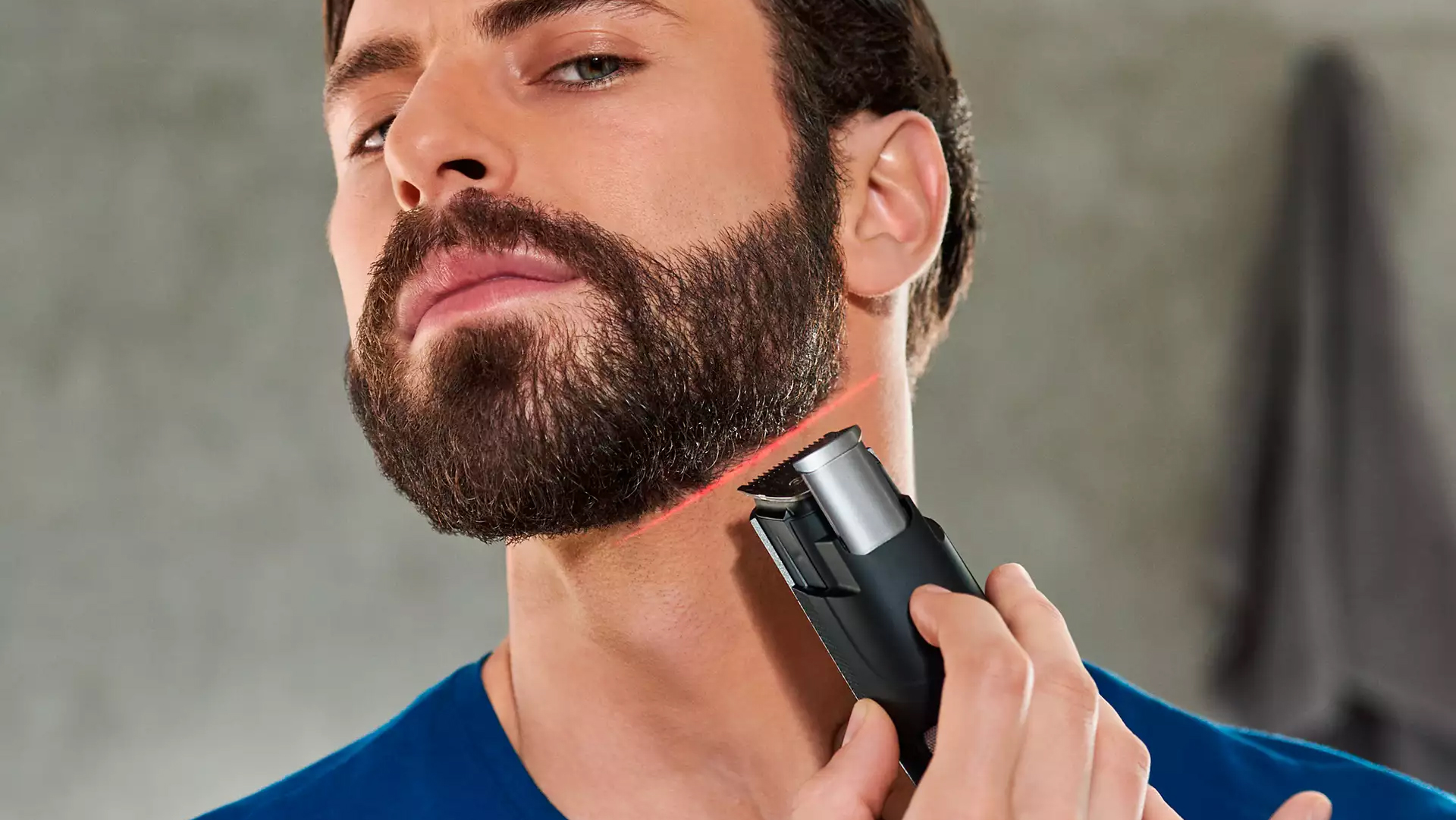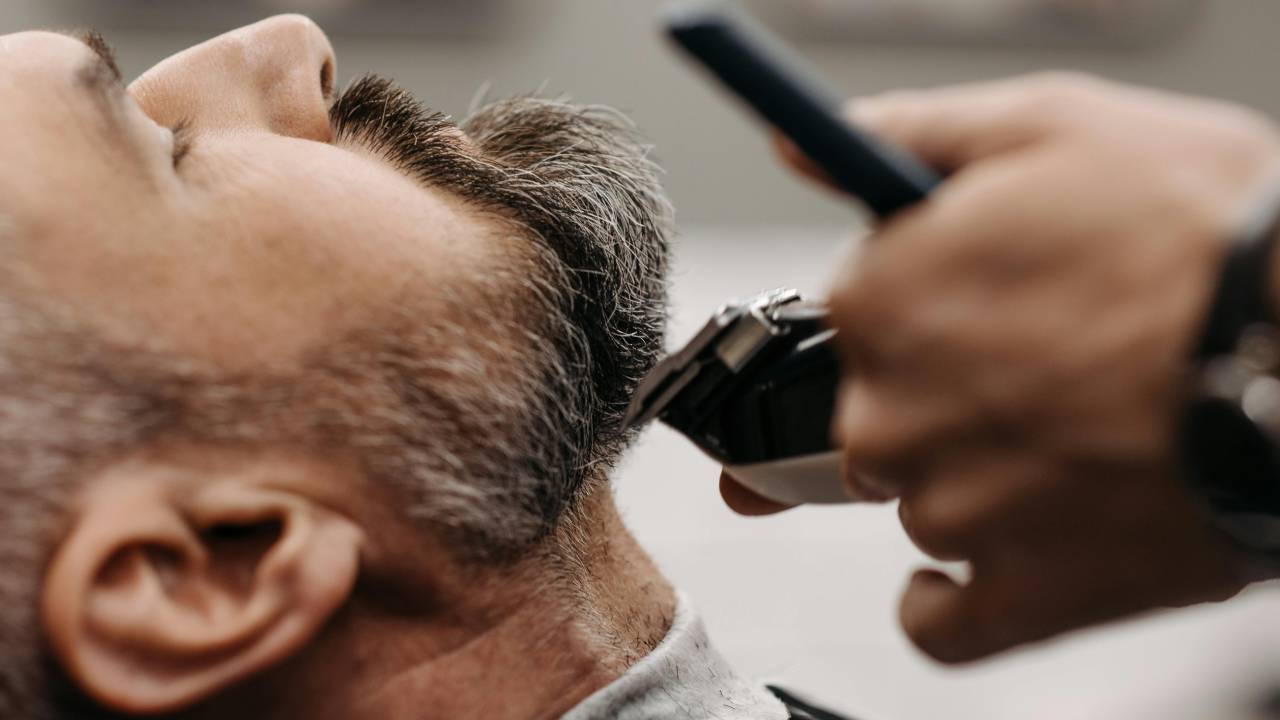
Growing a beard can be a great way to showcase a personal style, but keeping it looking sharp requires more than just letting it grow out. To achieve that well-groomed look, regular trimming and shaping using the best beard trimmers are essential.
Whether you're going for a neatly styled short beard or a fuller, longer one, a few key techniques can help maintain its shape and keep it looking polished.
Today, we’ll walk you through seven of the best tips on how to trim and shape your beard, ensuring you always look your best while keeping your beard healthy and well-defined. The main takeaway is that a good beard requires time and patience, as well as the right tools and listening to your body. If something isn't working, look elsewhere.
1. Choose the right style for your face shape

Not all beard styles are created equal. Certain looks complement different face shapes better than others. For example, square or round faces often look sharper with a longer, fuller beard, which elongates the face, while oval faces have the versatility to pull off a variety of styles.
Knowing which beard style suits your face shape is the first step toward shaping a beard that enhances your natural features. While everything is subjective, your own sense of person style and taste is important before picking up any shaving tools.
2. Finding the right tools
Speaking of tools, getting the right kit is important when saving. Not everything has to be the fanciest going, but some beard trimmers do things that you might need that other, cheaper trimmers do not.
A high-quality beard trimmer with adjustable settings helps you customise the length to your liking. After extensive testing, we recommend the Philips BT9000 Prestige, which is the best premium trimmer (as the name implies), or the Philips OneBlade 360, which has everything at a great price.
Don’t forget to add a pair of sharp scissors for precision trimming around the moustache and other trickier areas. A beard comb and brush are also essential to keep hair untangled and evenly trimmed.

3. Washing your beard
Just like the hair on your head, a clean beard is easier to manage and trim. Before you start shaping your facial hair, wash your beard with water and a gentle beard shampoo and conditioner to soften the hairs and make them more pliable.
Then, dry your beard thoroughly to get an accurate idea of the beard’s true length before trimming, to help avoid trimming some sections to the wrong length.
4. Trim slow, not fast
When trimming, it's better to take off less and adjust as you go than to accidentally take off too much – you can't easily add hair back, after all.
Start by setting your trimmer to a longer guard, and gradually decrease the length until you reach your desired look. For a natural, tapered finish, use a shorter guard around the cheeks and jawline and keep the length longer on the chin.
5. Define your neckline and cheeks
A well-defined neckline can make or break your beard.
Make sure that there is a fairly big gap between above Adam's apple (around 2cm, or two fingers), and use a trimmer or razor to clean up below that line. For the cheeks, aim to follow your natural growth pattern – trimming strays but avoiding overly sharp lines for a more natural look.
I recommend starting conservatively with this step and working up to more definition since, again, hair takes time to grow back.

6. Trim the moustache
The moustache plays a crucial role in your beard’s overall style, and therefore the style of your facial hair, so it requires special attention.
Use small scissors to trim just above the upper lip, ensuring it’s neat without losing fullness. If you prefer a more distinct look, consider shaping the edges to define the area around your mouth. Many trimmers will come with moustache-friendly blades, too.
7. Keep at it!
To keep your beard looking its best, you’ll need to maintain it pretty often, although just how often will vary by person.
Trimming once or twice a week, depending on how fast your hair grows, will prevent it from becoming unruly. Incorporating a daily brushing or combing routine will also help distribute natural oils, detangle knots, and keep your beard neat, especially for longer facial hair.







